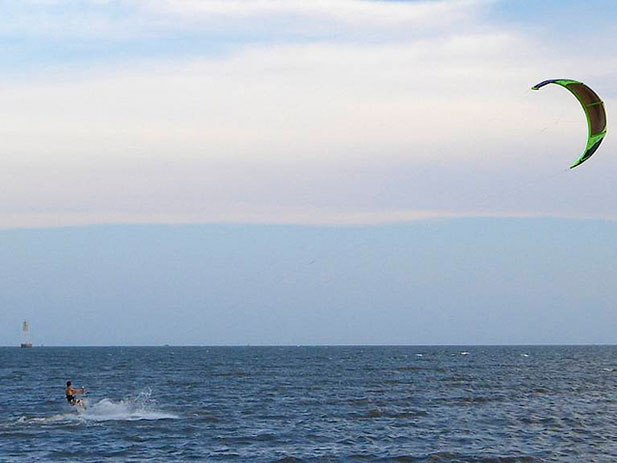In the startup world, while company founders are typically focused on developing intriguing products and services, workplace culture plays an integral role in the growth and development of any organization.
“Want to develop the next great mobile application?” said Dr. Adam Paul Causgrove, American Mustache Institute (AMI) president and chairman. “We all do, of course. But who are you as a company? What does your organization stand for? Are you truly a universally accepting culture? That is the true question that might define your success moving forward.”
And it is with that in mind, that today AMI and Wahl Trimmers launched the Workplace Mustache Study (MustacheStudy.com), a definitive examination of the state of facial hair in the U.S. work environment.
Developed by a team of AMI sociologists, national leaders of Mustached American descent, and reality TV stars with no relevant skills whatsoever, the study seeks further clarity on the acceptance of workplace facial hair and identifies workplace habits and characteristics most associated with people of facial hair.
“We still hear weekly from members of our community working in all sizes of companies that they face discrimination in their work environments,” added Dr. Causgrove, considered one of the four best-looking humans on the eastern seaboard. “On its face, this is utterly unacceptable, but we must have data to support these concerns, and thus we are partnering with Wahl to determine if there is, in fact, a deeper pattern of discrimination to address.”
The most recent examination of facial hair in the workplace came in the 1991 study “Effects of Cranial and Facial Hair on Perceptions of Age and Person,” published in the Journal of Social Psychology. In it, authors J.A. Reed and E.M. Blunk found managers tended to hire men with facial hair while suggesting mustaches were not favorable to all professions, with clean-shaven men seen as more reliable in roles such as salesmen and professors.
Since that 1991 study, said Dr. Causgrove, AMI research has shown acceptance of a facial hair-enriched lifestyle rose from 19.6 percent of Americans in 2000 to 48.2 percent in 2010 – a dramatic increase, although workplace perceptions, in particular, were not taken into account. To investigate the issue further, the AMI and Wahl are inviting the public to participate in the Workplace Mustache Study by going to MustacheStudy.com and filling out the survey. The results of the study will be released in mid-November.
“The American people understand that living a sexually-dynamic Mustached American lifestyle is not a choice, but a civil liberty,” added Dr. Causgrove, as he was removing a pair of white satin tear-away pants. “We will get to the bottom of this and report back to the American people.”
To promote the study, four members of the AMI are embarking on an eight-city tour Oct. 23 – 26 through what the Institute refers to as the “Mustache Belt” — St. Louis, Nashville, Louisville, Indianapolis, Columbus, Cincinnati, Cleveland and Pittsburgh. The Institute will discuss the issue at hand, as well as congratulate “Mustache Positive” employers in these communities, which the AMI has identified based on positive feedback from Mustached Americans.
The AMI’s list of MUSTACHE POSITIVE EMPLOYERS include: the St. Louis Rams, the U.S. Postal Service, the City of Cleveland, CMT Network, H&R Block, Primanti Brothers, CafePress, Ford Motor Co., Exxon-Mobil, Eli Lilly & Co., Harley Davidson Motors, the University Of Pittsburgh, the Cincinnati Reds, Sabre Holdings, Foursquare, Limited Brands, and Pizza Hut.
“This is a watershed moment for our people,” said Dr. Causgrove. “And understanding the depth of discrimination against people of Mustached American heritage in the workplace will further our resolve.”









